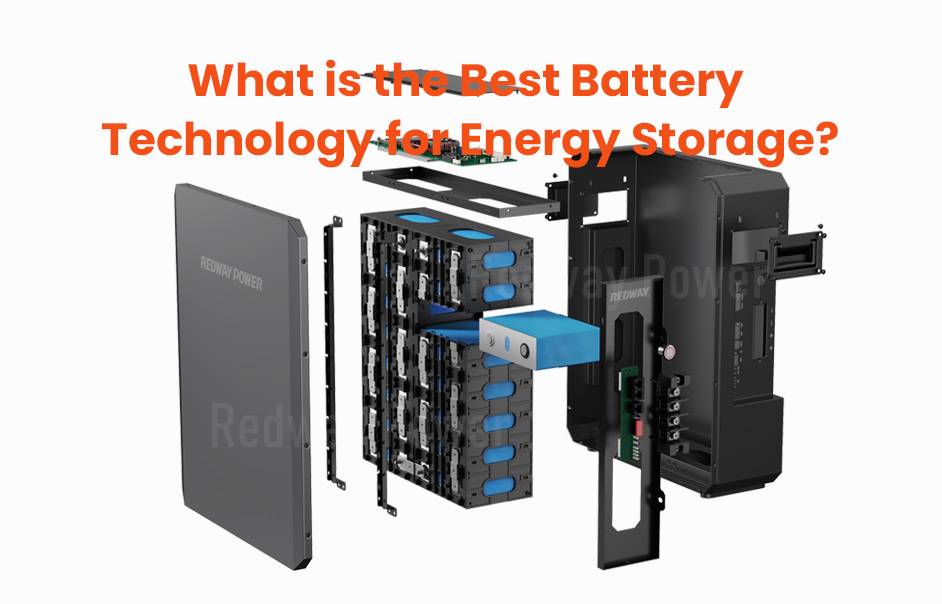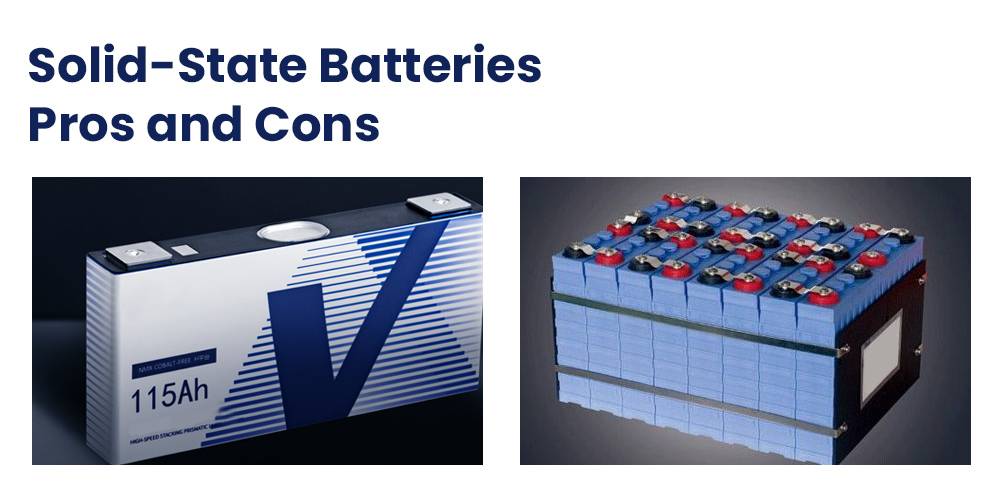
Blog
What Is the Best Battery Technology for Energy Storage?

When considering battery technologies for energy storage, lithium-ion batteries are often regarded as the best option due to their high energy density, efficiency, and longevity. However, other technologies like flow batteries and sodium-based batteries also offer unique advantages depending on the application.
What Are the Most Common Types of Battery Technologies for Energy Storage?
The most common battery technologies used for energy storage include:
- Lithium-Ion Batteries: Widely used in residential solar systems and electric vehicles due to their high energy density and efficiency.
- Lead-Acid Batteries: Traditional choice for energy storage but with lower energy density and shorter lifespan.
- Flow Batteries: Suitable for large-scale applications; they can be easily scaled and offer long cycle life.
- Sodium-Based Batteries: Emerging technology that promises lower costs and abundant materials.
Chart: Common Battery Technologies
| Technology | Characteristics | Typical Applications |
|---|---|---|
| Lithium-Ion | High energy density, fast charging | Solar systems, EVs |
| Lead-Acid | Lower cost, reliable | Backup power systems |
| Flow | Long cycle life, scalable | Grid storage, renewable integration |
| Sodium-Based | Potentially lower cost, abundant materials | Emerging applications |
Why Are Lithium-Ion Batteries Considered the Best Option?
Lithium-ion batteries are often considered the best option for several reasons:
- High Energy Density: They store more energy per unit weight compared to other battery types, making them ideal for space-constrained applications.
- Long Lifespan: With proper care, lithium-ion batteries can last up to 10 years or more, reducing replacement frequency.
- Fast Charging: They can be charged quickly, which is advantageous for applications requiring rapid energy replenishment.
Chart: Advantages of Lithium-Ion Batteries
| Advantage | Description |
|---|---|
| High Energy Density | More energy stored in less space |
| Long Lifespan | Fewer replacements needed |
| Fast Charging | Reduced downtime during recharging |
What Are the Advantages and Disadvantages of Alternative Battery Technologies?
While lithium-ion batteries are popular, alternative technologies have their own pros and cons:
- Lead-Acid Batteries:
- Advantages: Lower initial cost; widely available.
- Disadvantages: Heavier; shorter lifespan; less efficient.
- Flow Batteries:
- Advantages: Long cycle life; easily scalable; safe operation.
- Disadvantages: Lower energy density; higher initial cost.
- Sodium-Based Batteries:
- Advantages: Abundant materials; potentially lower costs.
- Disadvantages: Still in development; not widely available yet.
Chart: Comparison of Battery Technologies
| Technology | Advantages | Disadvantages |
|---|---|---|
| Lead-Acid | Low cost | Heavy, shorter lifespan |
| Flow | Safe, long life | Lower energy density |
| Sodium-Based | Abundant materials | Limited availability |
How Do Different Battery Technologies Compare in Terms of Performance?
Performance varies significantly among battery technologies:
- Lithium-Ion: Offers high efficiency (around 90% round-trip efficiency) and fast discharge rates.
- Lead-Acid: Generally has lower efficiency (around 70-80%) and slower discharge rates.
- Flow Batteries: Provide good efficiency but are typically used in larger installations where space is less constrained.
Chart: Performance Comparison
| Technology | Round-Trip Efficiency (%) | Discharge Rate |
|---|---|---|
| Lithium-Ion | ~90 | Fast |
| Lead-Acid | 70-80 | Moderate |
| Flow | ~75 | Steady |
What Factors Should Be Considered When Choosing a Battery Technology?
When selecting a battery technology for energy storage, consider:
- Application Needs: Determine the specific requirements such as capacity, discharge rates, and efficiency.
- Cost Considerations: Evaluate both initial costs and long-term operational costs.
- Space Availability: Assess how much space is available for installation as some technologies may require more room than others.
Chart: Factors Influencing Battery Selection
| Factor | Consideration |
|---|---|
| Application Needs | Assess capacity and discharge requirements |
| Cost Considerations | Evaluate initial vs. long-term costs |
| Space Availability | Determine physical space constraints |
Tips for Battery Wholesale Buyers: How to Choose a Reliable Manufacturer?
When considering wholesale purchases or OEM orders for batteries, it’s crucial to choose a reliable manufacturer. Here are some tips:
- Research Manufacturer Reputation: Look for established companies like Redway Power, known for quality and reliability.
- Evaluate Product Range: Ensure they offer various battery types suitable for your needs.
- Check Certifications: Confirm compliance with industry standards.
For OEM orders from a reputable manufacturer like Redway Power, which has over 13 years of experience in lithium battery manufacturing, ensure clear communication regarding specifications and delivery timelines. This approach helps secure high-quality products that serve as excellent alternatives to lead-acid batteries.
Redway Power Expert Views
“Selecting the right battery technology is essential for maximizing performance and cost-effectiveness in energy storage solutions. As advancements continue in battery technology, understanding your specific needs will guide you toward the best choice,” states an expert from Redway Power.
FAQ Section
- What is the best battery technology for energy storage?
Lithium-ion batteries are generally considered the best due to their high energy density and efficiency. - What are some alternatives to lithium-ion batteries?
Alternatives include lead-acid batteries, flow batteries, and sodium-based batteries. - How do I choose the right battery technology?
Consider factors such as application needs, cost considerations, and space availability when making your choice.




